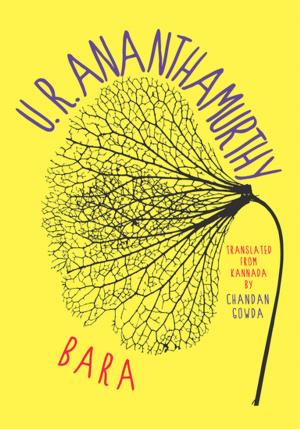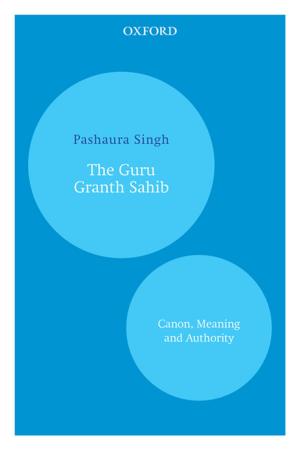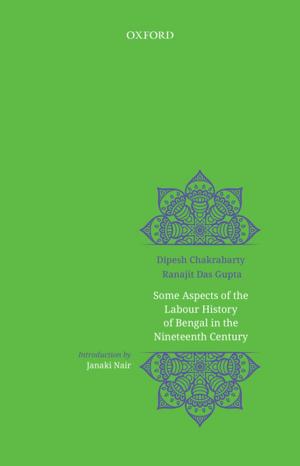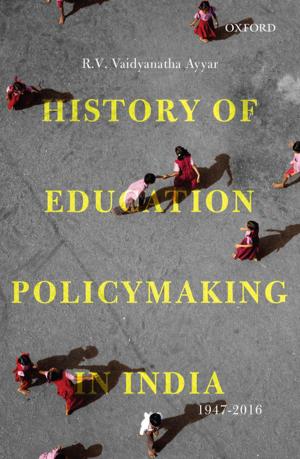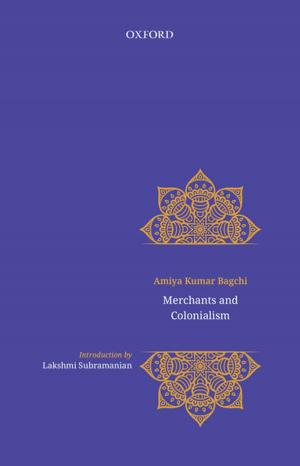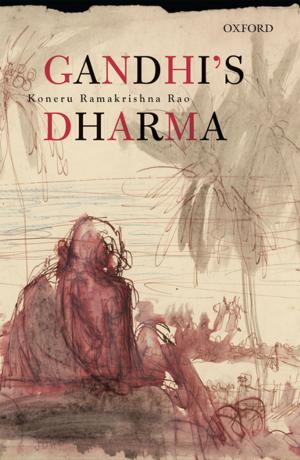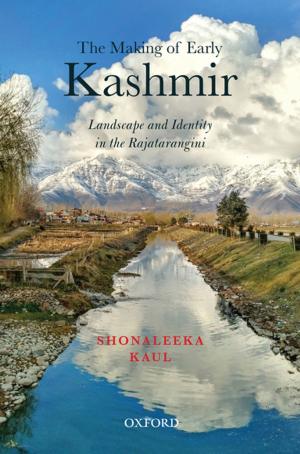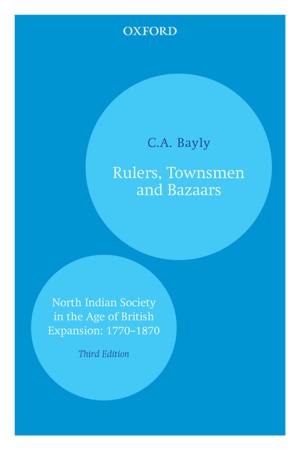Text and Tradition in Early Modern North India
Nonfiction, History, Asian, Asia, Renaissance, Medieval| Author: | ISBN: | 9780199091676 | |
| Publisher: | OUP India | Publication: | January 3, 2018 |
| Imprint: | OUP India | Language: | English |
| Author: | |
| ISBN: | 9780199091676 |
| Publisher: | OUP India |
| Publication: | January 3, 2018 |
| Imprint: | OUP India |
| Language: | English |
Early modern India—a period extending from the fifteenth to the late eighteenth century—saw dramatic cultural, religious, and political changes as it went from Sultanate to Mughal to early colonial rule. Witness to the rise of multiple literary and devotional traditions, this period was characterized by immense political energy and cultural vibrancy. Text and Tradition in Early Modern North India brings together recent scholarship on the languages, literatures, and religious traditions of northern India. It focuses on the rise of vernacular languages as vehicles for literary expression and historical and religious self-assertion, and particularly attends to ways in which these regional spoken languages connect with each other and their cosmopolitan counterparts. Hindu, Muslim, and Jain idioms emerge in new ways, and the effect of the volume as a whole is to show that they belong to a single complex cultural conversation.
Early modern India—a period extending from the fifteenth to the late eighteenth century—saw dramatic cultural, religious, and political changes as it went from Sultanate to Mughal to early colonial rule. Witness to the rise of multiple literary and devotional traditions, this period was characterized by immense political energy and cultural vibrancy. Text and Tradition in Early Modern North India brings together recent scholarship on the languages, literatures, and religious traditions of northern India. It focuses on the rise of vernacular languages as vehicles for literary expression and historical and religious self-assertion, and particularly attends to ways in which these regional spoken languages connect with each other and their cosmopolitan counterparts. Hindu, Muslim, and Jain idioms emerge in new ways, and the effect of the volume as a whole is to show that they belong to a single complex cultural conversation.


